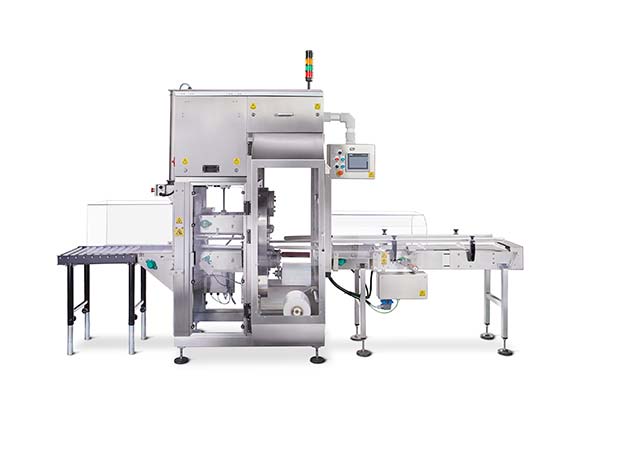Regardless of the size of their operations, every manufacturing business wants to become more profitable and food and drink manufacturers are no different. One way companies can make significant savings is by reducing their outgoings, with energy usage one of the first costs companies often look to minimise. In addition to saving money, becoming more energy efficient also enables businesses to improve their environmentally friendly credentials by helping to combat global warming, an issue which is of paramount importance to consumers.
 The question is: how can the food and drink industry reduce its energy usage?
The question is: how can the food and drink industry reduce its energy usage?
Many areas within the industry are energy intensive, however arguably the area which is most inefficient is the food and drink packaging industry. Although many people would consider this to be a niche industry, the reality is that packaging is a vital component of the food and drink industry overall.
Food and drink packaging is heavily reliant on the traditional method of shrink-wrapping products to protect them for transit and on retailers’ shelves. However, in order to shrink wrap items, plastic film needs exposing to heat to make it shrink and this requires the use of heat tunnels. Unfortunately, heat tunnels are very energy intensive, generating extremely large amounts of heat which make them environmentally unfriendly.
To counteract this, companies should use alternative packaging methods which eliminate the use of heat tunnels from the packaging process entirely. Orbital wrapping systems which apply ultra-thin stretch film to items are becoming more common in food and drink manufacturing factories and, in some cases, these systems can reduce energy consumption by as much as 90% (compared to shrink wrapping) by eliminating the use of heat.
In addition to lowering associated carbon emissions, another benefit of reducing energy expenditure is that it makes companies more attractive to consumers. Consumers today are more environmentally aware than ever before, with significant numbers of them opting to deal exclusively with companies that are doing everything in their power to protect the natural environment and increase sustainability. Consequently, by switching to a packaging solution that significantly reduces energy consumption and users’ carbon footprints, companies can enhance their reputation in the eyes of consumers and guarantee their long-term custom.
The food and drink industry is notoriously conservative and risk adverse but this has to change. By embracing new technologies and methodologies, companies can begin to reduce their costs immediately and, by doing so, they can also help protect the planet.
CEO of innovative secondary packaging manufacturer TrakRap, Martin Leeming is a retail professional who joined the business after working as Director in Trading, Supply Chain and Change at Asda for 15 years. At TrakRap, Martin’s passion for engineering, retail and the environment have enabled the company to create a new type of Industry 4.0-ready packaging system that uses less energy and generates less CO2e than traditional cardboard and shrink-wrapping systems.




Comments are closed.